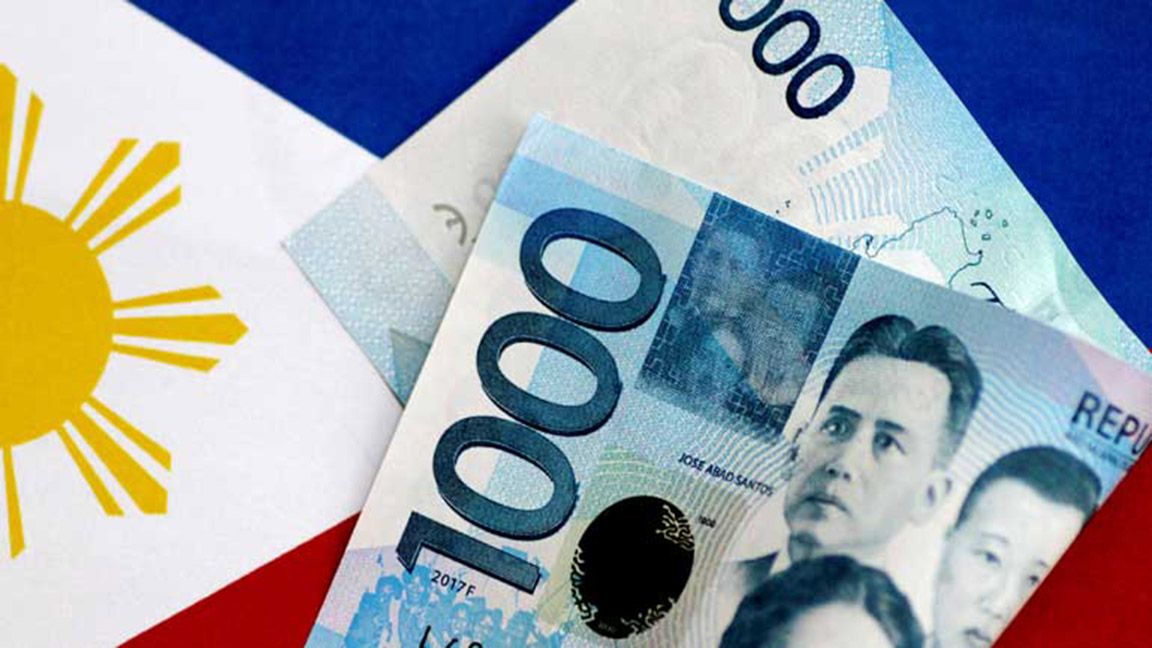The Philippines continue to be in the “gray list” of the anti-money laundering watchdog based in Paris, or the Financial Action Task Force which classified the Philippines in this list last June 2021 for failing to address 17 of 18 action plan items to show it had strengthened its tangible progress on measures against financial crimes.
Paris-based Financial Action Task Force, formed in 1989 to combat the growing problem of money laundering, has placed the Philippines in the “gray list,” which means the country has to enhance due diligence, limit business relationships or financial transactions with countries engaged in such activities and require financial institutions to review or even terminate correspondent relationship with the country concerned.
The task force was charged by the G7Summit to study money laundering trends, monitor legislative, financial and law enforcement activities taken at the national and international level and report on compliance and issue recommendations and standards to combat money laundering.
The FATF included the Philippines in its gray list in June 2021.
Republic Act No. 11521 which amended the Anti-Money Laundering Law was signed by President Rodrigo R. Duterte on January 29, only days ahead of the February 1 deadline set by the FATF.
The Philippines was removed from the NCCT list in February 2005.
In 2008, due to the lack of counter-terrorism financing (CTF) laws and other required regulations, the Philippines was included in the grey list in February 2010 and had until December 2011 to address its identified AML/CTF deficiencies.
The Philippines had to show the FATF that it had made progress in tightening anti-money laundering (AML) and counter-terrorism financing (CTF) measures.
The FATF at that time did not call for application of enhanced due diligence for transactions involving the countries under increased monitoring.
However, the FATF encouraged countries to consider information regarding the said jurisdictions’ deficiencies in their risk analysis.
This prompted the government to call on financial institutions to apply only commensurate measures as the Philippines is not a “high risk” to financial crimes and is only classified as “jurisdiction under increased monitoring” by the Paris-based “dirty money” watchdog.
“The Philippine government has been receiving reports that Philippine-related transactions have been subjected to more scrutiny, or worse, de-risking,” the National Anti-Money Laundering/Countering the Financing of Terrorism Coordinating Committee (NACC) said in an advisory posted on the Anti-Money Laundering Council (AMLC) website.
De-risking happens when financial institutions terminate or restrict business relationships to avoid risks to financial crimes they associate with parties or clients, BusinessWorld explained.
“This is not in line and inconsistent with FATF’s expectations on the application of risk-based approach, which is central to the effective implementation of the FATF standards,” the NACC said.
“Filipino businesses or nationals should not be considered as high- risk based solely on the inclusion of the Philippines in the FATF’s list of jurisdictions under increased monitoring,” it added.
“What is not in line with the FATF standards is the wholesale cutting loose of entire classes of customer, without taking into account, seriously and comprehensively, the level of risk or risk mitigation measures for individual customers within a particular sector.”
The NACC stressed that terminating business relationships should only be applied on a case-by-case basis when proven that money laundering and terrorism financing risks cannot be mitigated.
To date, only Iran and North Korea are classified under the FATF’s blacklist or high-risk jurisdictions, which means counteracting measures are required due to possible financial crimes from said countries.
The NACC directed government agencies and covered persons to assist the AMLC by submitting reports of incidents wherein additional measures were imposed on Philippine-related accounts.
Countries classified as jurisdictions under increased monitoring like the Philippines are required to submit progress reports annually every January, August and May.
In October, the FATF said the Philippines remained under the gray list despite some progress in implementing AML/CTF measures.
The country still needs to address 17 out of 18 action plan items to show it has strengthened its tangible progress on measures against financial crimes.
Government officials are hopeful that the country can exit the gray list by January 2023.
Tags: #finance, #moneylaundering, #FinancialActionTaskForce, #AntiMoneyLaunderingCouncil
